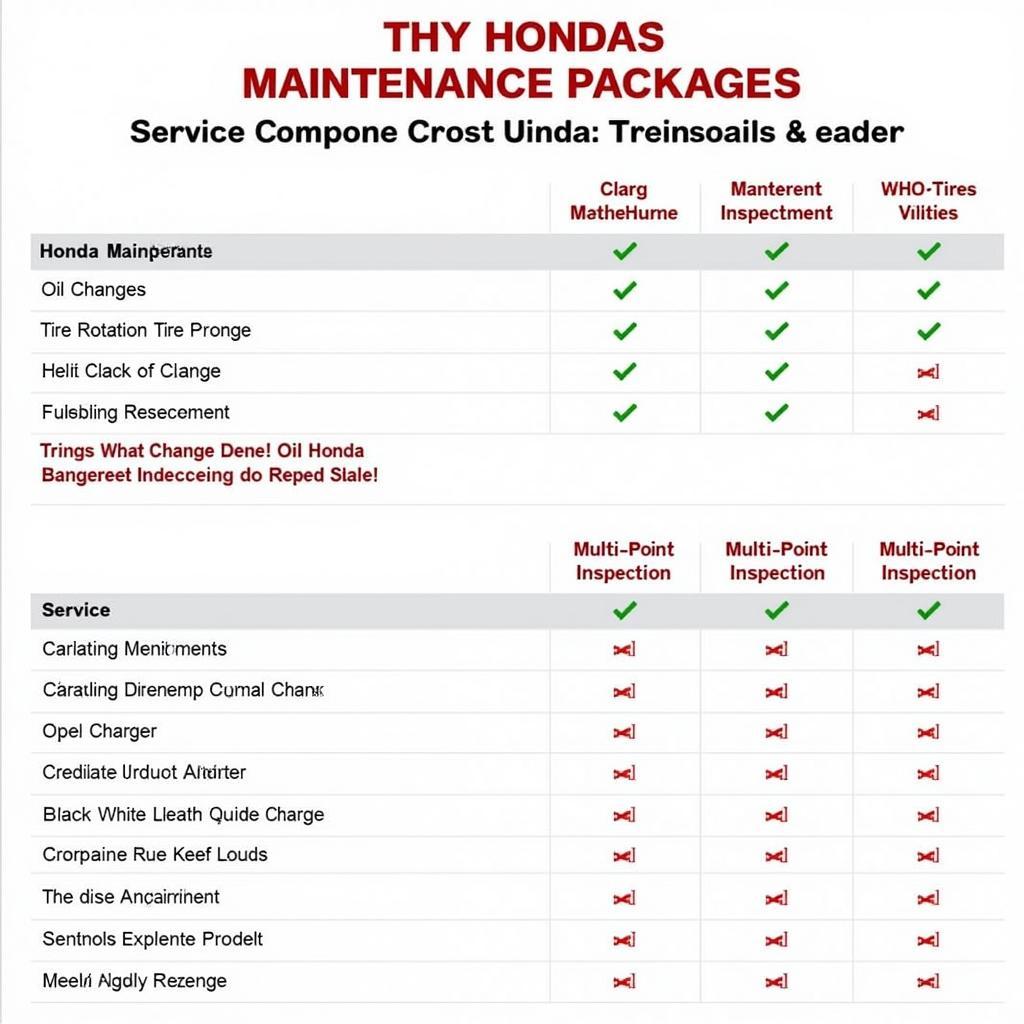A total loss car declaration can feel like a death sentence for your vehicle. But does it always mean the end of the road? Can A Total Loss Car Be Fixed? The answer isn’t a simple yes or no. It depends on a variety of factors, from the extent of the damage to the state laws and your own financial considerations. This article will delve into the complexities of repairing a totaled car, providing you with the information you need to make an informed decision.
Repairing a totaled vehicle is often more complex than a typical repair. It’s crucial to understand what constitutes a “total loss.” An insurance company declares a vehicle a total loss when the cost of repairs, including parts and labor, exceeds a certain percentage of the car’s actual cash value (ACV). This percentage varies by state. Sometimes, even seemingly minor damage can result in a total loss declaration if the vehicle is older and the ACV is low. Similar to how you might handle how hard is it to fix a salvaged car, fixing a totaled vehicle presents certain complexities.
Understanding Total Loss Declarations
There are several scenarios that can lead to a total loss declaration. The most common is collision damage, but flood damage, fire damage, and even theft can also result in a total loss. It’s important to note that a total loss doesn’t necessarily mean the car is beyond repair. It simply means that, from the insurance company’s perspective, it’s not economically feasible to repair it.
Is it Legal to Repair a Total Loss Vehicle?
Yes, in most states, it is legal to repair a total loss vehicle. However, the car will likely receive a salvage title, branding it as previously totaled. This can significantly impact the car’s resale value and may limit your insurance options. Some states have stricter regulations regarding salvaged vehicles than others, so it’s essential to research your local laws.
Factors to Consider When Repairing a Total Loss Car
Before deciding to repair a total loss vehicle, consider the following:
- Extent of the Damage: Is the damage primarily cosmetic, or does it involve structural components like the frame? Frame damage can be costly and complex to repair, requiring specialized equipment and expertise. Much like fixing a bent frame (how to fix a bent frame on car), this can be a challenging process.
- Cost of Repairs: Obtain multiple repair estimates from reputable shops specializing in collision repair. Compare these estimates to the car’s ACV and your insurance settlement. Factor in potential hidden costs, as repairs can sometimes uncover additional damage.
- Salvage Title Implications: Understand how a salvage title will affect the car’s resale value and your ability to obtain insurance. Some insurers refuse to cover salvaged vehicles, while others offer limited coverage at higher premiums.
What Are the Potential Problems with Fixing a Totaled Car?
Repairing a totaled car can be fraught with challenges. Even with meticulous repairs, there’s a risk of lingering issues, such as electrical problems, alignment problems, and decreased safety performance. Remember, finding a reliable repair shop can also be challenging. Your insurance company might be able to help. Find out if can your insurance company fix your car.
When Does it Make Sense to Repair a Total Loss Vehicle?
In some cases, repairing a totaled car can be a viable option. If the damage is primarily cosmetic, the car has sentimental value, or you have the mechanical expertise to perform the repairs yourself, it might be worth considering. It’s similar to when you wonder can a car with frame damage be fixed, where a careful assessment is crucial.
How Can I Avoid Future Issues After Repairing a Total Loss Car?
Thorough documentation is key. Keep detailed records of all repairs, including receipts, parts lists, and photographs. This documentation can be invaluable when selling the car or dealing with future insurance claims. Make sure your mechanic thoroughly inspects the vehicle after repairs to address any lingering issues.
“When dealing with a totaled vehicle, remember that the cheapest option isn’t always the best,” advises John Smith, ASE Certified Master Technician. “Investing in quality repairs and thorough inspections can save you from headaches down the road.”
Sometimes, you might find a car that has been totaled and repaired without a salvage title. If this situation interests you, we recommend reading more about it car totaled and fixed but no salvage title.
Conclusion
Deciding whether to fix a total loss car is a complex decision. Weigh the cost of repairs, the extent of the damage, and the implications of a salvage title carefully. Consult with qualified mechanics and research your state’s regulations. While fixing a totaled vehicle can be feasible in some circumstances, it’s crucial to proceed with caution and make an informed decision based on your specific situation. Need help or advice? Connect with AutoTipPro at +1 (641) 206-8880 or visit our office at 500 N St Mary’s St, San Antonio, TX 78205, United States.





Leave a Reply